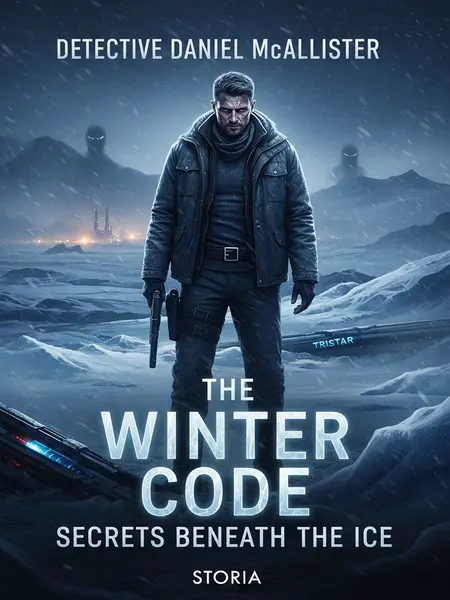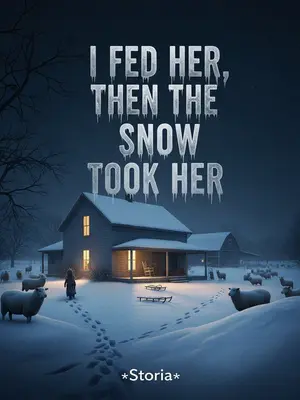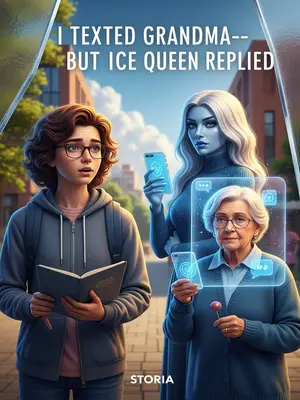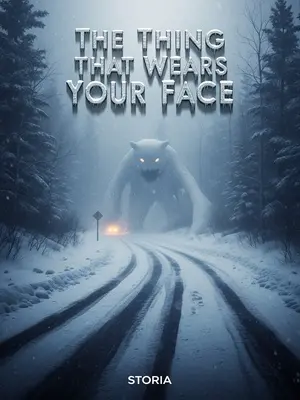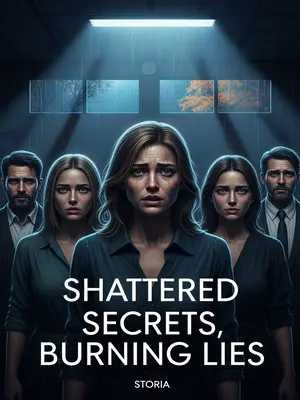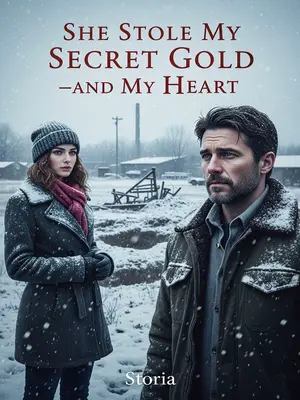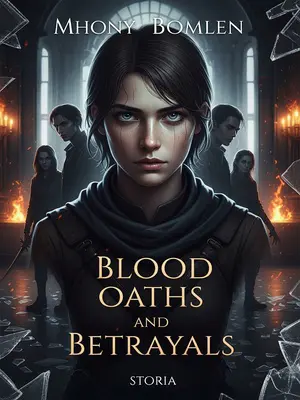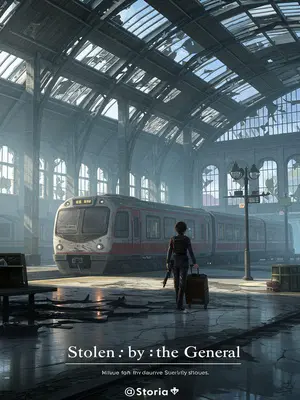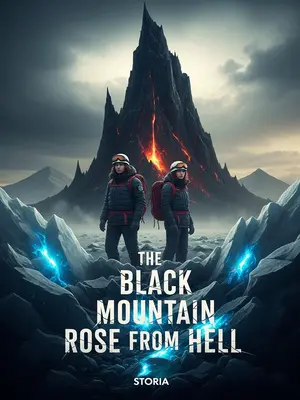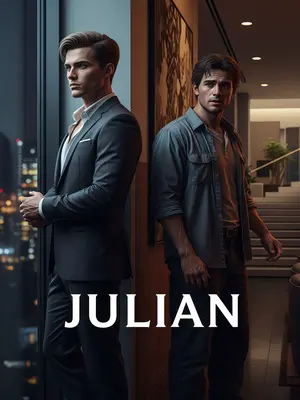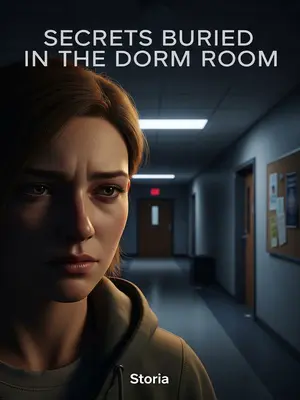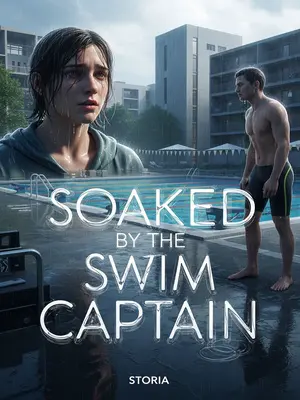Chapter 6: Aftermath and Doubt
Tristar’s terrifying plan shocked the world. Nations joined forces, deployed military satellites, and scanned the Antarctic and Arctic. Sure enough, hidden nuclear missile silos were found beneath the ice at both poles. The combined yield of the bombs was 8,000 tons.
Cable news anchors stammered through breaking reports, maps of the poles lighting up TV screens from New York to Tokyo. Social media exploded with hashtags—#PolarCrisis, #SunPlot, #TristarUnmasked. Daniel’s phone buzzed nonstop with calls from reporters, old friends, and distant relatives he hadn’t spoken to in years.
Everyone breathed a sigh of relief after this narrow escape. Had the message not been intercepted, and the bombs detonated, human civilization might have been wiped out.
For a moment, the world seemed to stand still—then the collective exhale, the realization of how close they’d come. Daniel watched the news with his cat curled in his lap, the enormity of it all settling over him like a heavy blanket.
The incident set off a media frenzy. TV stations everywhere ran endless reports, hailing America’s Daniel McAllister as a world-saving hero. Though Daniel preferred to keep a low profile, he was helplessly thrust into the spotlight.
His face was splashed across the local paper—awkward photo, tie askew, bags under his eyes. Neighbors stopped him in the hallway to shake his hand. The mayor sent a fruit basket. Even his old college roommate texted: "Dude, you’re trending on X!"
"Detective, you’re famous now. Don’t forget us when you win the lottery," Mason joked, flashing a grin worthy of Ryan Reynolds.
Mason grinned, waving a tabloid with Daniel’s picture on the cover. Daniel rolled his eyes, but couldn’t help smiling a little.
"Rich or not, I’m still your detective. Still have to work here—no escaping the grind," Daniel replied. "By the way, what’s happening with Old Quinn?"
He tried to sound nonchalant, but the question lingered.
"Robert Quinn? He’s in jail, awaiting trial."
Mason’s tone was matter-of-fact, but Daniel caught a note of sympathy. Even heroes had unfinished business.
Daniel suddenly wanted to see him. Although the crisis was over, a lingering doubt remained, like a fishbone stuck in his throat: Why would an international group like Tristar hatch such a grand plan? What was their true purpose?
The question gnawed at him, sleepless nights piling up. He couldn’t shake the feeling that something was missing.
Instinct told him Old Quinn wasn’t a man bent on destroying the world.
He’d interviewed plenty of fanatics, but Quinn didn’t fit the mold. There was something different—a sadness, maybe, or a sense of mission.
The next day, Daniel met Old Quinn in the visitation room. Old Quinn wore a dark prison uniform, his body thin, cheeks sunken, looking like he’d been through the wringer. He stared at Daniel with empty eyes, his pupils only occasionally flickering with life.
The room was cold, the air thick with disinfectant. Daniel sat across from Quinn, the plastic divider between them. He studied the man’s gaunt face, wondering what secrets still lingered in those tired eyes.
Daniel was shocked—he hadn’t expected Old Quinn to have changed so much. Clearly, the collapse of Tristar’s plan had dealt him a devastating blow.
He hesitated, unsure how to begin. The silence stretched, heavy and awkward.
"Old Quinn…" Daniel hesitated, then offered him a cigarette.
He slid the pack across the table, a small gesture of peace. Quinn took it, fingers trembling.
Old Quinn took it but didn’t smoke—he just held it absentmindedly. Daniel sat in awkward silence for a while. Seeing no response, he stood to leave. Suddenly, Old Quinn spoke up: "Do you know meteorology?"
His voice was hoarse, barely above a whisper. Daniel paused, hand on the chair.
"Huh?" Daniel turned, surprised.
He blinked, caught off guard by the question.
"Since the 1970s, meteorologists started using a new term: global warming. Western scholars called it 'global warming.' This wasn’t a casual phrase—it was a conclusion based on a century of weather data. Western scholars blamed global warming on industrialization, and American scholars soon followed suit."
Quinn’s words tumbled out, slow and deliberate. Daniel listened, unsure where this was going, but unable to look away.
Daniel didn’t know how to respond. He had no idea what Old Quinn was getting at.
He fidgeted with his pen, waiting for the punchline.
Old Quinn continued, "Most scholars accepted the global warming theory, calling for reduced industrialization and lower carbon emissions. But a handful of earth climate historians questioned it. They found that, over geological time, the climate follows its own cycles—ice ages, Cambrian periods, all part of a natural pattern. Comparing historical data, they concluded that the current warming is just a brief interval between two ice ages. Soon, a long and devastating ice age will strike human civilization."
His eyes flickered with something like passion—a spark of the old fire. Daniel listened, the pieces slowly falling into place.
"You mean global warming is just an illusion?" Daniel asked.
He couldn’t help the skepticism in his voice. The idea was radical, even for a suspect like Quinn.
Old Quinn’s dull eyes rolled toward him. "Do you feel warm?"
He gave a hollow chuckle, gesturing to the frost on the window. Daniel shivered, pulling his jacket tighter, thinking of the recent headlines about record lows and snowstorms in Atlanta.
Daniel instinctively pulled his coat tighter. It had indeed been unusually cold lately—even snowing down south.
He remembered the headlines: record lows, early snowstorms, schools closing. Maybe there was something to Quinn’s theory after all.
"Human industrial activity is insignificant compared to planetary climate shifts. The illusion of global warming can’t stop the coming ice age. Humanity has only one hope—nuclear fusion, specifically controlled nuclear fusion, or the 'artificial sun.' Tristar was founded by a handful of climate historians and nuclear physicists for this very reason. I was fortunate enough to join them. We even looked to American projects like the National Ignition Facility for inspiration."
Quinn’s voice was steady now, almost proud. Daniel felt a chill run down his spine—not from the cold, but from the enormity of what he was hearing.
Daniel was stunned. He didn’t know what to say.
He opened his mouth, then closed it again, words failing him.
"Unfortunately, just as we were working to save the world, the global warming theory took over academia, and governments signed the UN Framework Convention on Climate Change. Do you know what that means? The world agreed to reduce carbon emissions. Without the heat-trapping effect of carbon monoxide, the ice age will come even faster. Worse, under this climate, Tristar was banned as an illegal group. We were desperate, but we didn’t give up. To finish the controlled fusion project before the ice age, we turned to the simplest, oldest method—a nursery rhyme."
He smiled bitterly, the irony not lost on him. Daniel felt the weight of history pressing in.
"You mean…" Daniel’s voice trembled. "'Planting the Sun'?"
The realization hit him, sudden and sharp.
"Exactly." Old Quinn nodded slowly. "In 1988, Tristar and some sympathetic artists hid the truth in a children’s song, so it would spread among the people. 'The ice age is coming, all I can do is plant the sun.' Those who understood the song’s meaning became Tristar’s successors. With this song, the group grew rapidly, set up a global network, and secretly built fusion labs at the poles. The ice age’s first wave will hit at the start of winter this year—you guessed right, we were going to act then, to complete the 'artificial sun' detonation project. But now…"
Quinn’s shoulders slumped, defeat etched into every line of his face. Daniel felt a pang of sympathy, despite himself.
The withered Old Quinn shook his head, looked at Daniel, and sighed, as if to say: Look what you’ve done.
His eyes lingered on Daniel’s, heavy with accusation and regret.
"No, I don’t believe you." Daniel scratched his head, then remembered something. "If you’re telling the truth, why didn’t you confess from the start?"
He tried to sound tough, but his voice wavered. The doubt was there, gnawing at him.
"Confess?" Old Quinn laughed bitterly. "Tristar was abandoned by the world and labeled a terrorist group. Even if I confessed, would you believe me? Would the academic world acknowledge what I say? We could only hide in the shadows, working silently, waiting for a last chance. That was the faith of every Tristar member. And now, our only hope has been crushed by you, Detective McAllister. Maybe this is fate."
Quinn’s words were heavy, each one landing like a stone. Daniel felt the burden settle on his shoulders.
"Fate…" Daniel echoed, lost. He didn’t know if Old Quinn was telling the truth or lying. If it was true, then he was not humanity’s savior, but fate’s executioner.
He stared at his own hands, suddenly unsure of everything he’d done.
"Is what you say true?"
His voice was barely a whisper, the question hanging between them.
"True or false, you’ll know soon enough." Old Quinn stood. "Detective McAllister, visitation’s over. I’m going back. Enjoy the ice age."
With that, Quinn turned and shuffled away, shoulders hunched, leaving Daniel alone with his doubts.
Daniel left the visitation room in a daze. Outside, the north wind howled, bitterly cold. Sparrows were frozen stiff on the branches, motionless, like sculptures. He looked up—the sun was hidden by clouds, and a blizzard was coming, like a thousand horses charging down.
He stood on the courthouse steps, breath fogging, as the first flakes began to fall. The city was silent, waiting. Daniel pulled his jacket tighter, watching the lake-effect snow sweep across the skyline, wondering if he’d done the right thing—or if, in saving the world, he’d doomed it.
He pulled his jacket tighter, knowing this was only the beginning.
The End.
